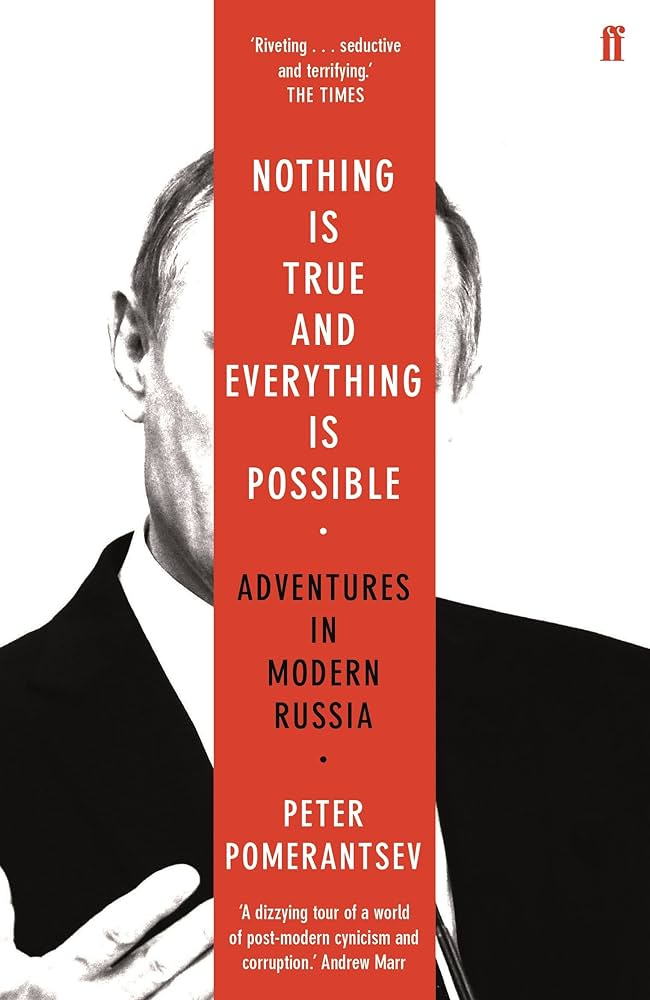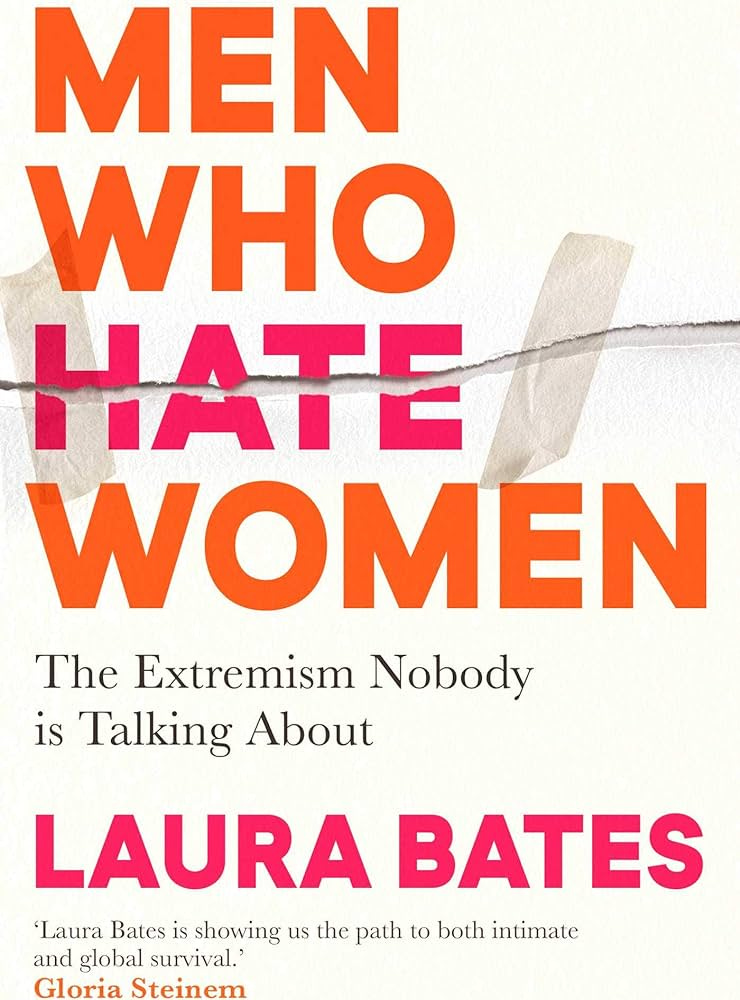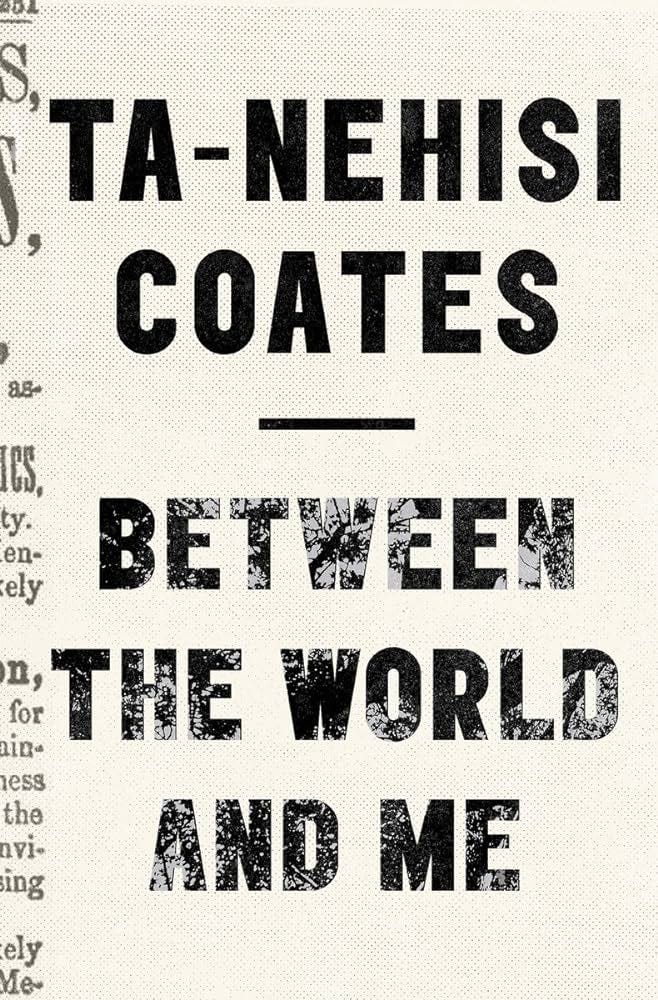'Tis the season to be well informed: Deeper Truths Christmas content list
Books, long-reads and podcasts to puncture the cozy holiday season with existential dread.
What better way to wind down over the festive period than with some intense books, podcasts and films about some of the most existential threats of our time?!
If you’re as broken as I am, and actually enjoy curling up with a content about whether we have a healthy enough information environment to sustain liberal democracy, then you might be interested in these book, podcast and article recommendations. Some of them are about mis/disinformation, some of them are about conflict and division, and some are just plain interesting.
(Disclaimer: this list is heavily biased towards the United Kingdom, Europe and the United States — simply because these are the areas my work has largely focused on. If you want a more global perspective on mis/disinformation Phumzile van Damme, Saman Nazari and Amil Khan are great people to start with.)
Wishing you all the best over the festive period. On a serious note, connecting with family and loved ones I find to be one of the most reliable ways of sustaining hope during turbulent news cycles.
(Book) Nothing is true and everything is possible: Adventures in modern Russia by Peter Pomerantsev
This won’t come as a surprise to those of you who read last week’s piece on Pomerantsev. If you take a way one recommendation from this piece then let it be this. Told through the prism of Pomerantsev as he arrives in Russia as a reality TV producer in the 2000s, he shares his first-hand account of how Vladimir Putin (supported by aides like Vladislav Surkov) hollowed out Russian democracy until it resembled reality TV: seemingly free but tightly controlled behind the scenes by its puppet masters. Here’s a quote from the book about Putin’s chief spin doctor:
“In the twenty-first century the techniques of the political technologists have become centralised and systematised, coordinated out of the office of the presidential administration, where Surkov would sit behind a desk on which were phones bearing the names of all the “independent” party leaders, calling and directing them at any moment, day or night. The brilliance of this new type of authoritarianism is that instead of simply oppressing opposition, as had been the case with twentieth-century strains, it climbs inside all ideologies and movements, exploiting and rendering them absurd. One moment Surkov would fund civic forums and human rights NGOs, the next he would quietly support nationalist movements that accuse the NGOs of being tools of the West. With a flourish he sponsored lavish arts festivals for the most provocative modern artists in Moscow, then supported Orthodox fundamentalists, dressed all in black and carrying crosses, who in turn attacked the modern art exhibitions. The Kremlin’s idea is to own all forms of political discourse, to not let any independent movements develop outside of its walls. Its Moscow can feel like an oligarchy in the morning and a democracy in the afternoon, a monarchy for dinner and a totalitarian state by bedtime.”
(Book) This is not propaganda: Adventures in the war on reality by Peter Pomerantsev
Let’s get the Pomerantsev fan boy-ing out the way early. This book also got a shout out in last week’s article, and if you enjoy the recommendation above then this is a nice follow up. Pomerantsev’s thesis is that post-truth politics first took hold in Russia in the 1990s, as the established narrative of Communism broke down and the ensuing disorder rendered it impossible to replace it with a different, coherent narrative. In this vacuum post-truth politics flourished. The book explores how post-truth politics took hold across the world, in political environments increasingly characterised by disorder and uncertainty, and spotlights those fighting back against it.
(Book) Men who hate women: The extremism nobody is talking about by Laura Bates
In this book, Bates is able to both capture how extreme online movements infiltrate our public discourse in great detail, while also ensuring it remains extremely readable and digestible. Since reading this, I’ve tried to make sure I acknowledge ‘male supremacy’ as a movement in and of itself, that is both part of — and distinct from — the far-right. It’s a grim read at times, but such an important one.
(Book) Between the world and me by Ta-Nehisi Coates
I first came across Coates from his epic retrospective on Barack Obama’s presidency and his equally epic and eviscerating analysis of his successor. The book isn’t about mis- or disinformation, but it provides essential and brutal context of America’s racial trauma in the run up to the 2024 election. It’s written in the form of a letter to his adolescent son which makes it incredibly moving. Here’s an example:
“I did not know then that this is what life is - just when you master the geometry of one world, it slips away, and suddenly again, you're swarmed by strange shapes and impossible angles. We know what we are, that we walk like we are not long for this world, that this world has never longed for us.”
(Book) Team of Rivals: The political genius of Abraham Lincoln by Doris Kearns Goodwin
As an old colleague once said me after I recommended him this book: “I still can’t get my head around it. He was so committed to defending democracy he was willing to go to war for it”. All the more pertinent in the current US political environment, Goodwin’s biography of Lincoln is a Hall of Fame-er and combines her analysis of Lincoln’s unique leadership style (bringing his political rivals into his inner team to build consensus) with some uncomfortable truths about how American democracy was saved and slavery was abolished: through bloodshed and authoritarianism.
And if you don’t have the time to dive into a new book, why not try these?
(Podcast) A Jew and a Muslim get honest about Israel and Gaza — The Gray Area with Sean Illing
(Podcast) She polled Gazans on October 6. Here’s what she found — The Ezra Klein Show from NYT Opinion
(Podcast - self promotion alert!) Stefan Rollnick “Using behavioural science to fight misinformation” — The New Abnormal with Sean Pillot de Chenecey
(Article) Revealed: the hacking and disinformation team meddling in elections — The Guardian
(Article - long read) ‘Something Was Badly Wrong’: When Washington Realized Russia Was Actually Invading Ukraine — Politico
Thank you for reading this week’s edition of Deeper Truths — the newsletter fighting for a more informed and less divided world. I offer freelance training and consultancy to help bring out your team’s preexisting knowledge and strengths to tackle misinformation.
If you’d like me to run a one hour free taster session with your team, just hit reply!









